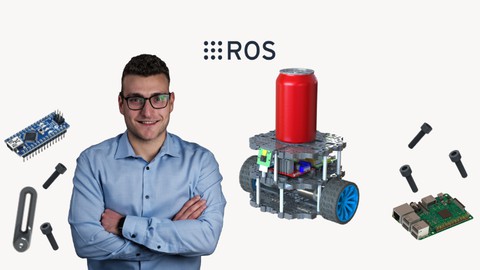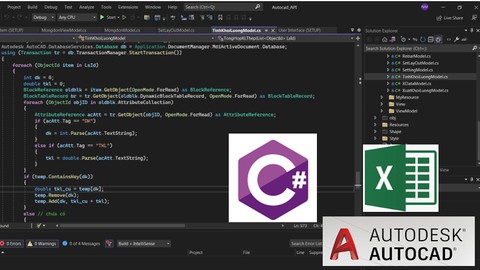UVM for Verification Part 1 : Fundamentals
Loại khoá học: Hardware
Step by Step Guide for building Verification Environment from Scratch
Mô tả
Writing Verilog test benches is always fun after completing RTL Design. You can assure clients that the design will be bug-free in tested scenarios. As System complexity is growing day by day, System Verilog becomes a choice for verification due to its powerful capabilities and reusability helping verification engineers quickly locate hidden bugs. The System Verilog lags structured approach whereas UVM works very hard on forming a general skeleton. The addition of the configuration database Shifts the way we used to work with the Verification Language in the past. Within a few years, verification engineers recognize the capabilities of UVM and adopted UVM as a defacto standard for the RTL Design verification. The UVM will have a long run in the Verification domain hence learning of UVM will help VLSI aspirants to pursue a career in this domain.
The course will discuss the fundamentals of the Universal Verification Methodology. This is a Lab-based course designed such that anyone without prior OOPS or system Verilog experience can immediately start writing UVM components such as Transaction, Generator, Sequencer, Driver, monitor, Scoreboard, Agent, Environment, Test. Numerous coding exercises, projects, and simple examples are used throughout the course to build strong foundations of the UVM.
Bạn sẽ học được gì
Fundamentals of Universal Verification Methodology
Reporting Macros and associated actions
UVM Object and UVM Component
UVM Phases
TLM Communication
Sequences
UVM Debugging features
Building UVM Verification Environment from Scratch
Yêu cầu
- Fundamentals of SystemVerilog Testbench Environment
Nội dung khoá học
Viết Bình Luận
Khoá học liên quan

Đăng ký get khoá học Udemy - Unica - Gitiho giá chỉ 50k!
Get khoá học giá rẻ ngay trước khi bị fix.







![Java Certification : OCA (1Z0-808) Exam Simulation [2023]](/uploads/courses/udemy/1464072_c364_6.jpg)






![10 Sample Exams ISTQB Foundation Level (CTFL) v4.0 [NEW!]](/uploads/courses/udemy/3228307_dcb2_10.jpg)



Đánh giá của học viên
Bình luận khách hàng